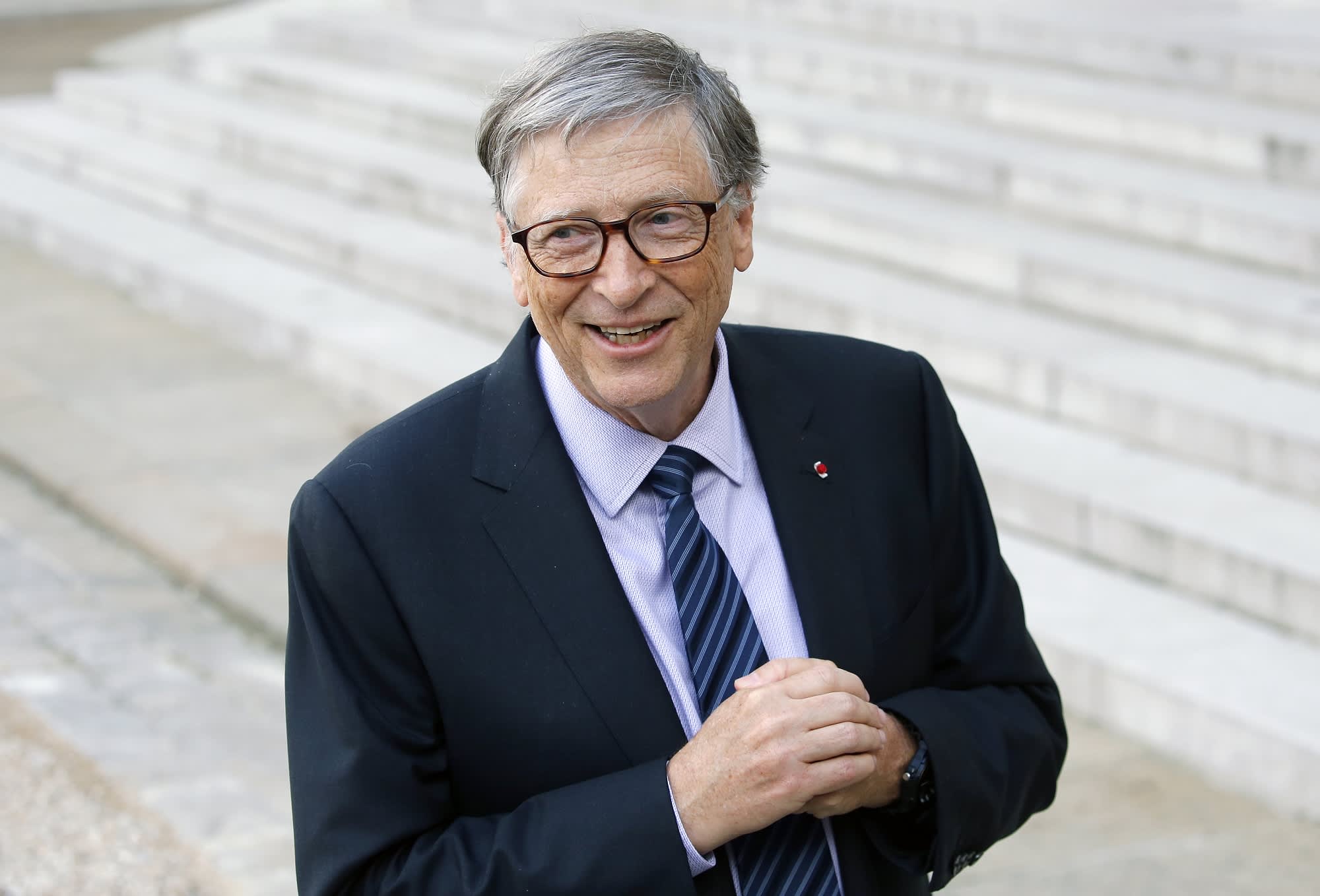Bill Gates
Chesnot/Getty Images
Bill Gates is not taking a defensive approach with his billions of dollars of wealth.
The founder of Microsoft added $16 billion to his net worth this year, despite giving away over $35 billion to charity, according to Bloomberg. That brings Gates’ total wealth to $106 billion, the second largest fortune in the world (behind Amazon’s Jeff Bezos).
“We’re not, you know, in some defensive posture where we’re mostly in cash, or anything like that,” Gates told Bloomberg Television on Tuesday. “The strategy that’s been used on the investments is to be over 60% in equities.”
Having 60%, in this case $60 billion in stocks or index funds, is an aggressive investment strategy for someone of Gates’ wealth. The average family office portfolio in North America had about 32% of its assets in stocks in 2018, according to a Campden Wealth report.
Typically investors would be more diversified across asset classes like government bonds and real estate.
But Gates said he is “bullish’ on the United States and global businesses.
“You can make the case that the yields aren’t very high but that’s true against all asset classes,” said Gates. “T-bills, 10-Year are well less than 2%, so there’s no obvious thing to beat other investors out there and there’s reasons to think absolute returns for the next decade will be less than they have been for the last several decades.”
The U.S. is currently in a decade long expansion, the longest in history.
Gates’ charitable work is primarily done through The Bill and Melinda Gates foundation. The foundation works to tackle inequality in health and education around the world, the climate crisis and world hunger. The organization works domestically on ensuring all students graduate from high school.
Financial advisors warn that just because a billionaire favors a particular allocation, it doesn’t mean all investors should follow suit.
“Whether it’s a billionaire, CEO or foundation, you have to remember that they are investing for their own objectives,” said certified financial planner Douglas Boneparth, president and founder of Bone Fide Wealth in New York. “You should be investing based on your own goals, your tolerance for risk and your preferences,” Boneparth said.
If you’re a young investor, for instance, and you won’t need the money for decades, you could stand to be more aggressively invested.
“You could have up to 100% in equity,” Boneparth said.
Pre-retirees or retirees, on the other hand, might need to be far less invested in stocks to reduce the risk in their portfolio.
“They’re relying on those assets to pay for their retirement,” Boneparth added.
— CNBC’s Sarah O’Brein contributed to this report.
Watch the full Bloomberg interview here.
